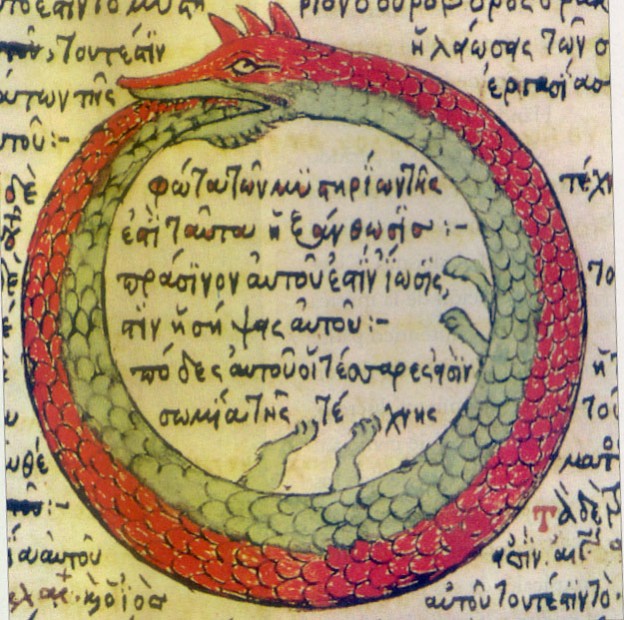I’ve been thinking lately about how long a minute actually is, questioning why time is unfairly taken from some and not others. And that’s when I realized the shitty truth about time; we think of it as a human-based concept but it’s not. We can’t control time. Even if we wanted to, we can’t – all we can control is what we do with the time we’re given, however long or unfortunately short that may be. It is the choice of what we do with our seconds that determines how long they actually last – whether or not we took time to impact those around us and appreciate the sunrises that we sleep through each morning.
A simplistic view is that time is a central reference point and in everyday life and has consistent qualities. Although this is more or less true, humans think of time in how they experience it. Shakespeare opens his play, Henry IV, with ruminations on time and its effect on our ability to slow down and take a breath; though for Shakespeare’s characters, the perception of time varies quite a bit. Two of the many examples are in King Henry’s inability to find enough time – “So shaken as we are, so wan with care/ Find we a time for frighted peace to pant” (1.1.1-2) – while his son Hal views time as a tool of redemption – “I’ll so often to make offense a skill,/ Redeeming time when men think least I will” (1.2.209-210). Their varied perspectives raise questions of time relativity – not only in the theoretical sense but how time is relative to each of our lives.
When thinking about time, the tendency is to count off seconds. But in obsessing over the quantity we miss the quality, or rather – qualities – of life that make it wonderful. Think for a moment of the likelihood that we exist in this moment at all. The eternal recurrence theory may be useful for conceptualizing the incomprehensible number of alternatives. The theory states that:
• The probability that another world like ours coming to existence is greater than zero (otherwise Earth would not exist).
• Space is infinite.
• Because the former two statements are true, the existence of our world will recur an infinite number of times.
These three foundations of the eternal recurrence theory tell us that Earth exists infinitely throughout space, along with the infinite possibilities of its history, and we exist here, on just one numerically insignificant expression of the possibilities in the universe. If we choose to believe in that theory, then it would be foolish of us to think that our actions have any profound impact on the vast expanse of co-occurring realities. We would be small and insignificant. Even if we could live beyond our years, stretch our time out beyond our human means, it would never be enough to affect the time occurring before and after us. But considering all that expansiveness, we can instead turn to an appreciation of the probability that we ended up here, at this very particular intersection of space and time. The Earth we live on, the history we know, and the people we’ve encountered in our lives are all special. It was literally a one in infinity chance that it all came into existence as we know it.
Ultimately, the time we get is what we’re given, and so instead of wasting our lives counting off seconds, we can accept the fact that we are out of control of the quantity and focus instead on the quality. We mustn’t concern ourselves with relative time theories or the possibility of multiple Earths existing in space because that’s a worry we don’t have the luxury to waste precious seconds on – and if we do, we won’t know until it’s too late. We obsess over stretching out what we have instead of accepting the inevitable truth of our finite existence, and in doing so, we allow our years to become months, months to weeks, weeks to days. But if we instead, not unlike Hal, introduce meaning into our moments in some way, then the amount of time we have is eternally secondary to what we’ve decided to do with it.
Relevant Resources:
http://map.gsfc.nasa.gov/universe/uni_fate.html
Tegmark M., “Parallel universes”. Sci Am. 2003 May; 288(5):40–51.
Richards, E. G. (1998). Mapping Time: The Calendar and its History. Oxford University Press. pp. 3–5
Fol. 196 of Codex Parisinus graecus 2327, a copy (made by Theodoros Pelecanos (Pelekanos) of Corfu in Khandak, Iraklio, Crete in 1478) of a lost manuscript of an early medieval tract which was attributed to Synosius (Synesius) of Cyrene (d. 412).

